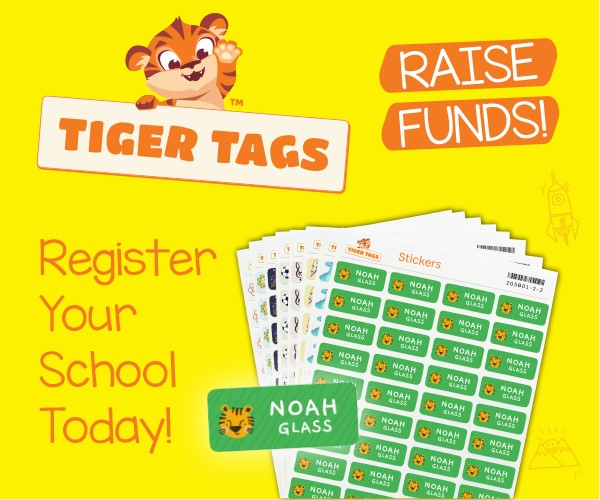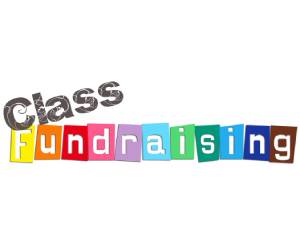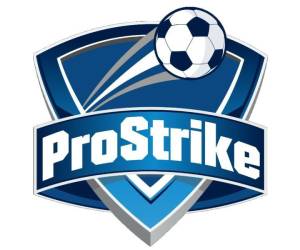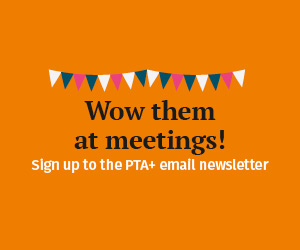With some events still on hold, think about offering new ways for your supporters to donate to your cause and keep money flowing in. Digital platforms provide an easy way for people to give that’s convenient for busy parents – you may wonder why you didn’t ask this way sooner. Be sensitive to your supporters’ financial situations. For some communities, now is not the time to ask for money, but if people are ready to give, try offering them new ways to help out.
Online donations
Regular giving is the system whereby donations are made by your supporters at set intervals, often monthly. By using an online platform, you can avoid worrying about standing orders or direct debits, and Gift Aid is automatically collected. While it’s ideal for some, regular giving is a commitment that might be challenging in the current climate. With one-off donations, donors can give as they wish without feeling tied down, and can give as much or as little as they’re able. GoodHub and CAF Donate are free of subscription or joining fees and allow for one-off or regular donations. Options with fees include JustGiving at £15 to £39 +VAT per month, and Localgiving at £80 +VAT per year.
Automatic donations
Lotteries
Your School Lottery (yourschoollottery.co.uk)
Tickets cost £1 per week, and 40% of sales go to the school or PTA. A winner is guaranteed in every school community each week, with the prize amount depending on how many players you have. All players are also entered into a national draw for the chance to win £25,000. Your School Lottery draws and contacts the winners – all you have to do is promote it to your supporters.
100 club
If you’d rather run your own lottery, how about a 100 Club? Each month, supporters pay a fixed subscription for a number between one and 100 – often £2 per month. Purchased numbers are entered into a monthly draw, with a percentage of the profits going to the winner and the remainder into PTA funds. Payments can be made monthly or annually either by direct debit or your PTA’s online payment system.
Crowdfunding
If you’re trying to raise a set amount for a specific project over a fixed period, crowdfunding might be right for your PTA. Platforms such as Crowdfunder allow you to offer tiered rewards for different donation amounts. If possible, link the rewards to your fundraiser – for example, if you’re aiming to purchase a 3D printer, offer the donor a printed item of their choice. Be wary of ‘all or nothing’ platforms where you have to meet your goal to get the funds.
Online selling
Many people have used the extra time at home this year to have a clear out, but how can it benefit your PTA? Both you and your supporter base can participate in online selling to support your cause.
School uniform sale
A school uniform sale raises funds while providing a service to parents. Collect items safely, according to current measures; sort, wash and mend them and post images or a list online. Parents can pay online, with items delivered to their door.
eBay for Charity (charity.ebay.co.uk)
eBay’s charity function allows users to donate a percentage of sales (from 10% to 100%) to a cause of their choice. To use the website, charities must register with the PayPal Giving Fund, which will collect the donation from the seller and also claim Gift Aid (if eligible).
Vintage Giving (vintagegiving.com)
Send collections of up to 30kg of old or vintage items via Freepost to Vintage Giving, which will donate their value to a charity of your choice. Donations can be sent via post or a Parcelforce home collection. Accepted items include costume jewellery, gold and silver, cameras, pens and old currency.
Shopping affiliates
Shopping affiliate schemes are a great way to raise money from online purchases at no extra cost to you or the shopper. Every time a supporter makes an online purchase through the fundraising website with which you’ve registered, your PTA earns commission – typically 3-4%. Sites such as Give as you Live and The Giving Machine TheGivingMachine offer downloadable browser add-ons and dedicated apps, which remind users to activate their donations when shopping. Ask the school if they can use your chosen platform when shopping too.
Individual businesses also offer affiliate programmes. Label companies such as Stamptastic and Stikins pay around 15-30% commission on any sales you generate. Check if any organisations that are popular with your parent community provide an affiliate service and register your PTA in order to start reaping rewards.
Online payment systems
There are lots of payment systems available, many of which offer charities and non-profits a discount on fees. Here are some of the more popular methods among our PTA+ community. There are no set-up fees, instead they each charge a nominal amount as a percentage per transaction.
- PayPal offers non-profits a discounted rate of 1.4% +20p and allows donors to opt into Gift Aid on donations.
- Stripe charges 1.2% +20p for charities.
Check individual websites for more details on which is the best fit for your PTA. Some payment systems can be used in conjunction with popular PTA ticketing and management platforms: Stripe and PayPal can be used with Classlist, while PTA Events only supports Stripe. It’s worth finding out if your school already has a payment system you can use, such as ParentPay or ParentMail’s +Pay. But bear in mind that you’ll probably have to go through the school office whenever you need to make changes or check figures.
Shout about it!
Online fundraising gives you potential access to a wide donor base, but it won’t get you very far if no-one knows about it. Use your usual channels such as the school website, emails and newsletters to get through to your immediate school community. To reach out further, make use of social media – not just your own PTA page, but also pages and groups that cover your local area. Could a local news website promote your fundraisers?
Online schemes are all simple to join, and the majority offer a benefit to the donor, so get the message out as far as possible for the best chance of success. With ongoing fundraisers such as regular giving or 100 clubs, ensure the awareness is continuous. Plug things more at certain times of the year, such as shopping affiliate schemes in the run-up to Black Friday and Christmas.













